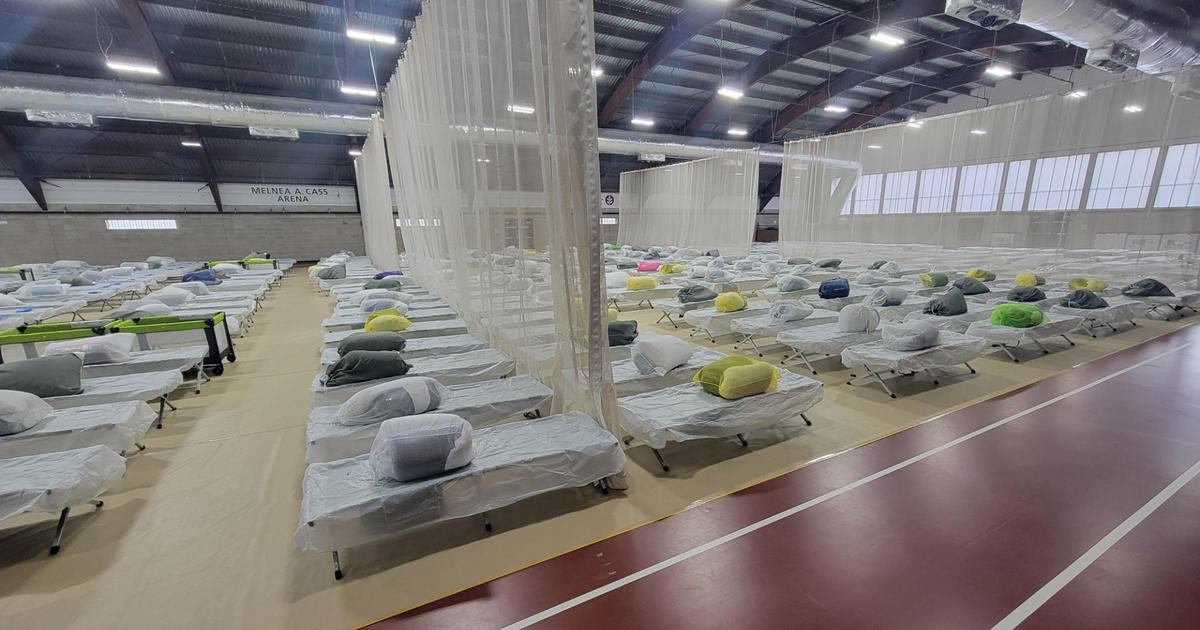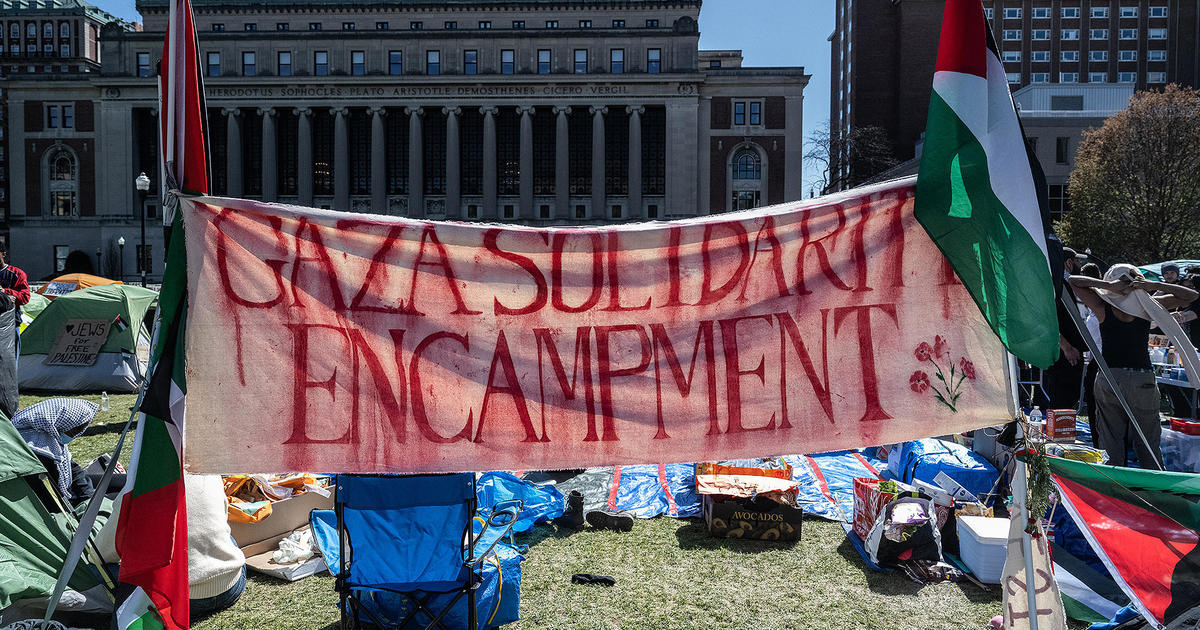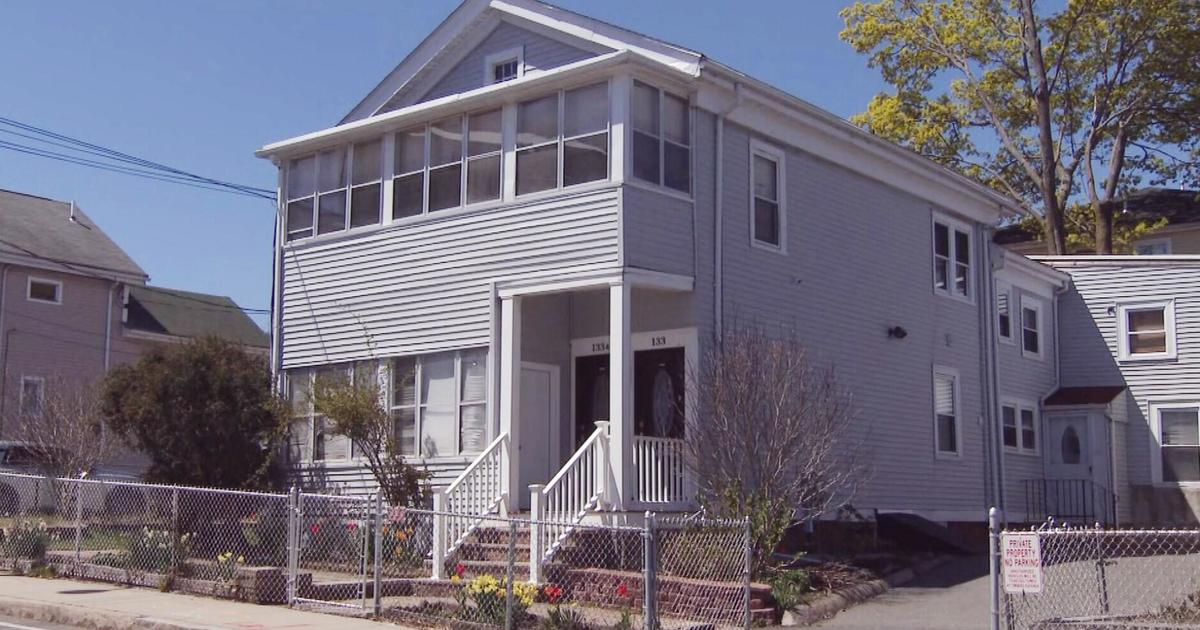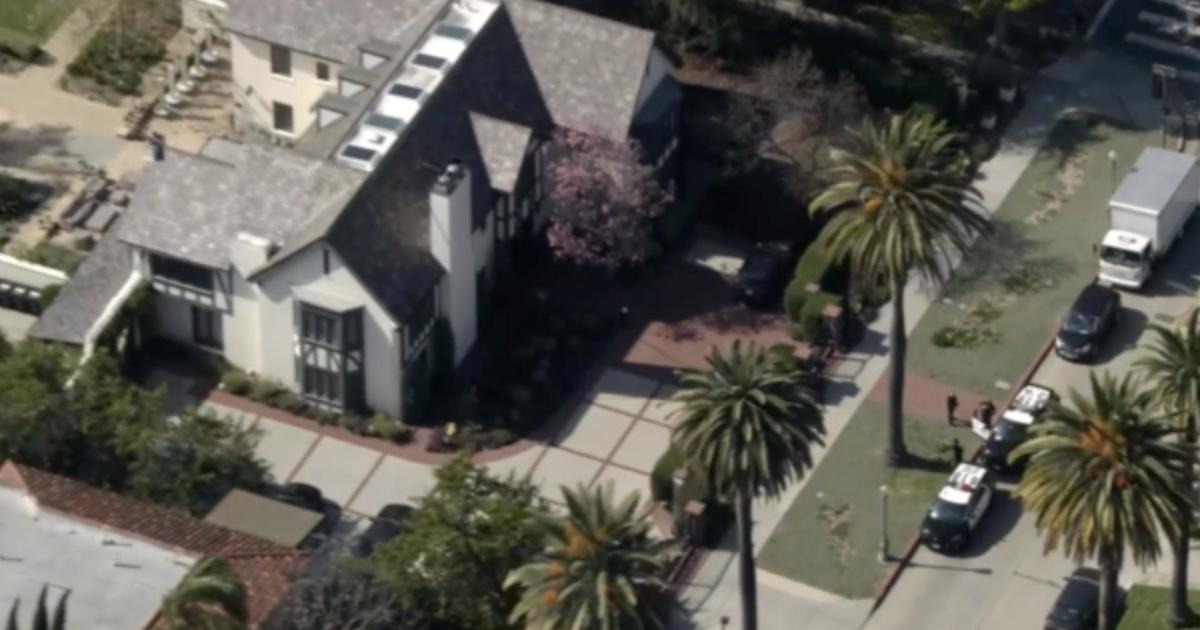Keller @ Large: Trump Should Be Careful What He Wishes For
BOSTON (CBS) - "If any demonstrator ever lays down in front of my car, it'll be the last car he'll ever lay down in front of."
Who said it? President Donald Trump, as part of Monday morning's diatribe against governors grappling with street violence in which he repeatedly accused them of being "weak"?
Actually, that rhetoric came from Alabama Gov. George Wallace during his 1968 presidential campaign. Then, as now, the campaign backdrop was a wave of violent riots in American cities touched off by the slaughter of a black man, Dr. Martin Luther King Jr.
"If you don't dominate you're wasting your time," Trump lectured the governors – every last one with more experience and public popularity than he - Monday morning. "You're going to look like a bunch of jerks. You have to dominate."
Ah yes, "law and order," the laziest trope in American politics (with the possible exception of blaming the media). Bring 'em down fast and hard, give 'em a rough ride, and put 'em away, the longer the better.
It's been a longtime staple of the Trump repertoire, most notably when he defended the railroading of five black teenagers for a vicious 1989 assault on a Central Park jogger, urging the death penalty for the kids, who were later proven innocent. And in this case, the appeal is obvious. No serious person likes the sight of looting, arson and gratuitous violence against police, including many of those marching now in protest of police brutality, who've been seen often on TV inserting themselves between the looters and agitators and their intended victims.
It comes as no surprise to see the president lunging for the easiest hot button at hand. You can do that when you don't think, don't care, and "don't take any responsibility" for the consequences of your actions.
But Trump ought to be careful what he wishes for.
Even the Trump administration has acknowledged that the "law and order" crackdown of the 1990s that packed the prisons was a failure; one of their few bipartisan legislative accomplishments was the 2019 First Step Act aimed at shortening prison sentences.
And even in 1968, long before the costs and impotence of mass arrests and hardball prosecutions were apparent to all, the political limits of law-and-order red meat were evident. George Wallace drew less than 14% of the vote that fall. The narrow winner, Richard Nixon, also branded himself a law-and-order candidate, he leavened the message in ways we don't hear from the current incumbent. "Our goal is justice for every American. If we are to have respect for law in America, we must have laws that deserve respect," Nixon said in his 1968 nomination acceptance speech. "Just as we cannot have progress without order, we cannot have order without progress, and so, as we commit to order tonight, let us commit to progress."
In the fog of the guerrilla warfare that has erupted in some cities, it's obvious that mistakes have been made by local leaders. But the risks of deploying overwhelming force in volatile situations where furious but peaceful demonstrators are mixed in with troublemakers and agitators of all sorts are well-documented, especially when you're deploying National Guard troops with varying levels of training and familiarity with their surroundings. Just a few weeks ago we marked the 50th anniversary of the totally unjustified killings of four Kent State students by National Guardsmen during an antiwar protest.
As always, Trump would be better off saying less, not more. He thinks his browbeating of the governors will excite his base and play to violence-wary swing voters, perhaps even reverse poll numbers cratering in the wake of his disastrous pandemic mismanagement.
But what if his knee-jerk rhetoric just makes the situation worse? If governors heed his call to deploy more National Guard and even military forces, and they wind up repeating the Kent State debacle of killing innocent civilians, what then?
Even Nixon knew better than to play the law-and-order card without at least a nod to the broader needs and issues at play. And Wallace found out the hard way how the politics of hate and incitement can come back to haunt.
In 1972, Wallace was paralyzed from the waist down by gunfire from a disturbed fame seeker. And in a speech seven years later, he was contrite.
"I have learned what suffering means," he said. "In a way that was impossible, I think I can understand something of the pain black people have come to endure. I know I contributed to that pain, and I can only ask your forgiveness."



